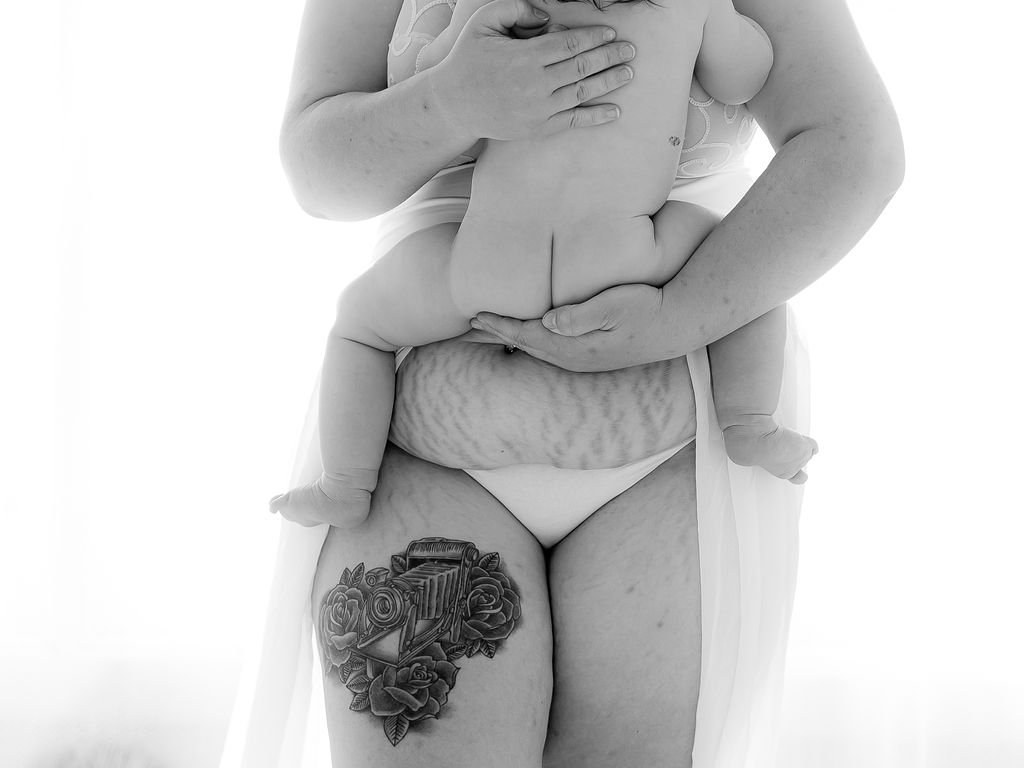I don’t think I have Trauma, But how do I know?
Trauma is a word that is often associated with significant events such as natural disasters, violence, or war. However, there are two types of trauma that are less well-known but can be just as impactful: little t trauma and big t trauma. Both types of trauma can have significant effects on pregnancy, parenting, and birth experiences.
Little t trauma refers to a less extreme form of trauma, often referred to as "everyday" trauma. Examples of little t trauma can include emotional abuse, neglect, or even witnessing a parent's argument or divorce. Little t traumas may not be as intense as big t traumas, but they can still leave a lasting impact on an individual's mental health and wellbeing.
Big t trauma, on the other hand, refers to more significant or life-threatening events that can cause extreme distress, such as sexual assault, physical abuse, or a natural disaster. These types of traumas can result in severe mental health conditions such as post-traumatic stress disorder (PTSD), anxiety, or depression.
Both little t trauma and big t trauma can have an impact on pregnancy, parenting, and birth. Pregnant individuals who have experienced trauma may have difficulty bonding with their baby or experience symptoms of depression and anxiety during pregnancy. These individuals may also have a higher risk of developing postpartum depression or postpartum anxiety.
Parenting can also be challenging for individuals who have experienced trauma. Trauma can affect one's ability to trust others, leading to difficulties in building strong relationships with their children. Parenting can also trigger memories of past traumas, leading to feelings of anxiety or even flashbacks.
For individuals who have experienced trauma, the birthing experience can be particularly difficult. Trauma survivors may have a heightened fear of losing control during childbirth or may struggle with feelings of vulnerability during medical procedures. These individuals may also experience traumatic flashbacks during labour, which can lead to a more challenging birth.
Fortunately, there are ways to help individuals who have experienced trauma during pregnancy, parenting, and birth. Seeking professional help, such as therapy or counselling, can be an essential step in addressing the emotional effects of trauma. Individuals may also benefit from support groups, which can provide a safe space to share experiences with others who have had similar experiences.
In conclusion, both little t trauma and big t trauma can have significant impacts on pregnancy, parenting, and birth. It's important to recognize the effects of trauma and seek help if needed. With the right support, trauma survivors can build healthy relationships with their children and have positive experiences during pregnancy and childbirth.
f you or someone you know has experienced little t trauma or big t trauma during pregnancy, parenting, or birth, it's essential to seek out professional support and guidance. Fantastic Futures is a service that can provide a safe and supportive environment for individuals who have experienced trauma.
Through therapy, counselling, and support groups, Fantastic Futures can help individuals process their trauma, build healthy relationships with their children, and develop coping strategies for managing difficult emotions. With the right guidance and support, individuals can find healing and move forward with confidence.
To learn more about Fantastic Futures and how they can support you, book a complimentary discovery call or reach out to their team on the contact us page of the website. Taking the first step towards healing can be challenging, but it's an essential step towards creating a positive and healthy future for you and your family.


